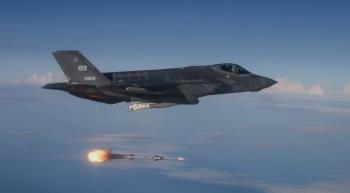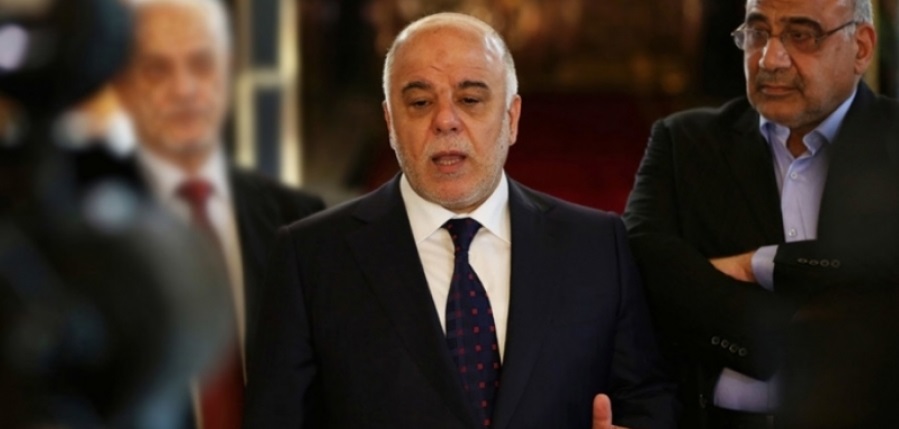Alwaght- On Monday, Iraq’s Prime Minister Adel Abdul Mahdi issued a special executive order to organize the Popular Mobilization Forces (PMF or Hashd al-Shaabi in Arabic). The order has come with support from a wide range of figures, groups, and political alliances. The move has come under focus as it comes along with a set of regional developments including the escalating tensions in the Persian Gulf region between the US and Iran and the American claims that the drone attacks on a Saudi oil facility a month ago originated from Iraq not from Yemen as it was widely believed.
Integrating or maintaining PMF’s identity?
With regard to the debate about the future role of the PMF in the country’s military, security, and political equations, the first question is about keeping its identity as an independent entity or merging it into the army. According to the first section of the order, Hashd al-Shaabi is an inseparable part of the Iraqi armed forces. So anything applicable to the armed forces is applicable to the voluntary force. Furthermore, all of the PMF units are under the command of the commander-in-chief and act in accordance with the laws approved by the lawmakers in the parliament. This section, which is the most brazen of all about the future of the PMF, practically recognizes the PMF as part of the structure of the Iraqi armed forces with its commander directly appointed by the commander-in-chief— a post currently PM holds according to the national constitution.
This statement not only will not undermine the PMF as a force protecting the nation’s security and integrity during the fierce fight against the ISIS terrorist group but also in practice legitimizes the force and gives it the right to receive training as well as security, intelligence, and logistical support. In fact, the PMF’s identity that defines it as a sequel to the Islamic resistance axis in the region will be officially accepted by Iraq’s political and military institutions.
Abdul Mahdi government’s goals
There are different views on why the Iraqi Premier’s order has coincided with the sequence of home and regional developments. One view suggests that the US pressures on Baghdad to disband the PMF have left an impact finally. The recent White House accusations of the PMF’d attacks on the Saudi oil terminal and pipeline serve a pressure campaign in work for over a year to push to the sidelines the effective force that was founded in opposition to the ISIS in 2014, the year marking rise of the terrorist group in Iraq starting with capture of Mosul in a sweeping operation.
Abdul Mahdi’s receiving influence from the American pressures can be tracked somehow but this is not quite extreme in the way of his siding with the White House’s interests and ambitions. Rather, certainly he has moved against the American wishes. In fact, recognizing the force as part of the Iraqi armed forces will close the way to any future American military and economic actions against the voluntary force and make them actions against the armed forces and interests of an independent country and thus the Iraqi government can take measures in response within the framework of the United Nations. The fifth section of the executive order notes that the military camps hosting the PMF are treated similar to those hosting the Iraqi armed forces, meaning that the military camps will be covered by the war rules approved within the framework of the nation’s armed forces. This comes while over the past year, the US has taken various measures against the force, from directly attacking it to adding some of its units to its terror blacklist.
Additionally, the PM’s order asserts that the arms will be exclusive to the armed forces operating under the government. This is a move to counter a plan by the Americans to set up a tribal force, dubbed “sahwa”, comprised of the tribes living in the desert area of Iraq that shares borders with Syria. Sahwa forces were founded during the occupation years and assisted the US army in its fight against Al-Qaeda terrorists. Now Washington eyes reviving the force to cut off a security belt of the Axis of Resistance, which includes Iran, Iraq, Syria, and Lebanon.
Meanwhile, we should not forget that the major alliances forming Abdul Mahdi’s cabinet, namely the Kurds, Shiites, and Sunnis, have thrown their weight behind the Abdu Mahdi’s decision. This is indicative of Premier’s attempt to realize his election promise to adopt a national approach in the decision-making process. So, the current internal and regional conditions allow for an arrangement of the status of the Popular Mobilization Forces in a way quite accordant with the Iraqi people’s interests and satisfactory to all.



























